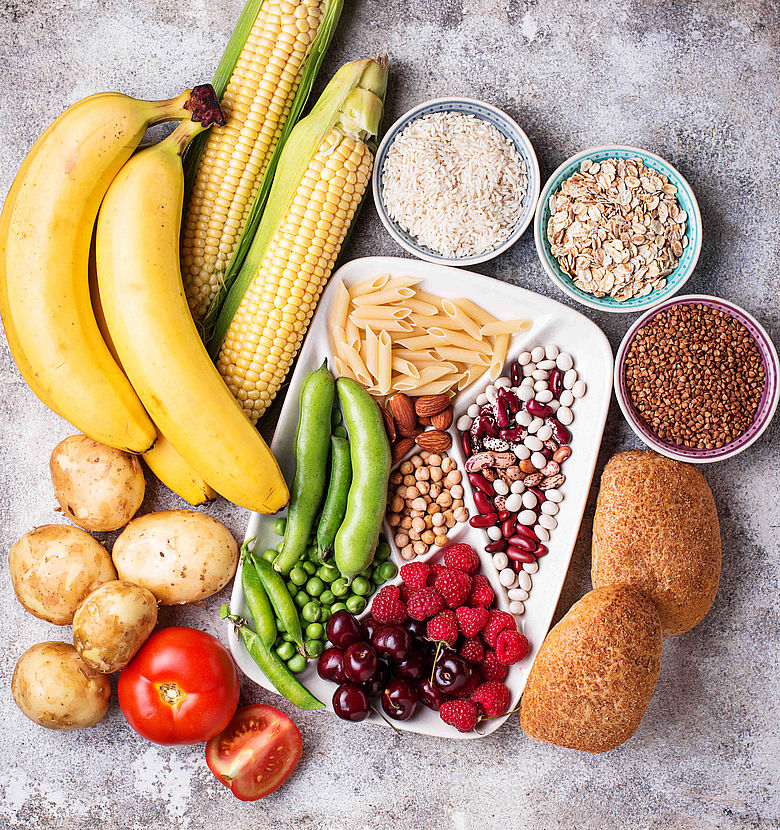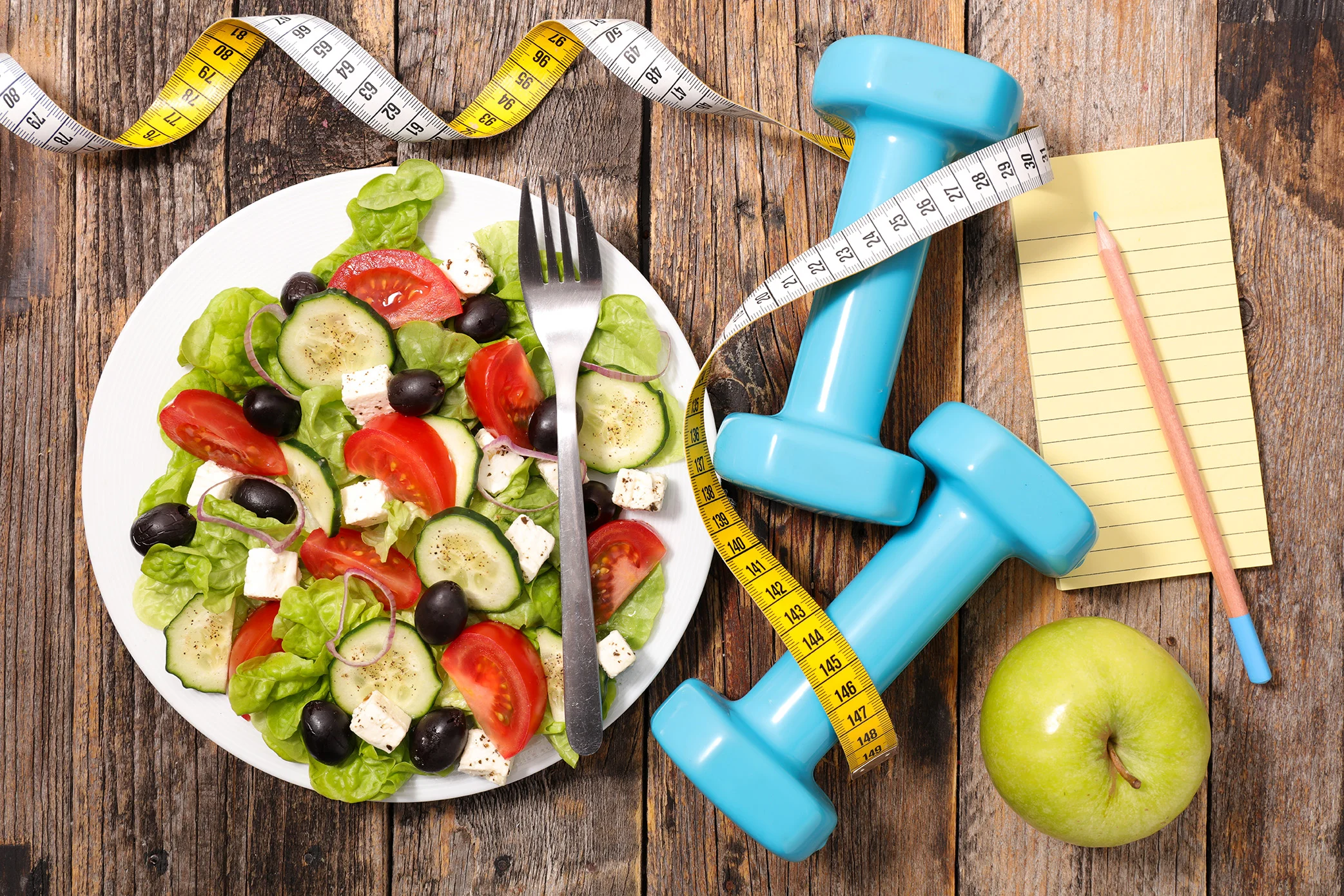Debunking Common Diet Myths: Misinformation about dieting and nutrition is everywhere. From social media influencers to outdated health advice, it’s easy to fall into the trap of believing some of the most common dieting myths, which can do more harm than good. This article debunks some common dieting myths and sets the record straight, helping you make informed choices for a healthier lifestyle.
Myth 1: Carbohydrates are the enemy

One of the most common dieting myths is that carbohydrates make you gain weight. While low-carb diets like keto can help you lose weight in the short term, not all carbohydrates are bad. Complex carbohydrates, found in whole grains, fruits, and vegetables, are essential for energy and overall health. They provide fiber, which aids in digestion and helps keep you fuller for longer. The key is to choose quality carbohydrates and avoid processed, sugary foods.
Myth 2: Skipping meals helps you lose weight
Many people believe that meals, especially breakfast, can help you reduce your calorie intake and help you lose weight. In fact, skipping meals can actually slow down your metabolism and lead to overeating later in the day. Eating balanced meals at regular intervals keeps your blood sugar levels stable and reduces cravings for unhealthy foods. Instead of skipping meals, focus on portion control and nutritious foods.
Myth 3: Fat-free means healthy
The label “fat-free” often gives the impression that the food is healthy. However, fat-free products often contain sugar, salt, and artificial additives to enhance flavor. Not all fats are bad — the healthy fats found in avocados, nuts, seeds, and olive oil are crucial for brain function, hormone production, and satiety. It’s more important to pay attention to the types of fats you eat than to avoid them altogether.
Myth 4: Detox diets cleanse your body

Detox diets and juice cleanses claim to flush toxins from your body and help you lose weight quickly. While these may provide short-term results, your body already has a built-in detox system—your liver and kidneys. These organs efficiently remove waste without the need for a restrictive diet. Instead of relying on trendy cleanses, support your body’s natural detoxification by staying hydrated, eating whole foods, and exercising regularly.
Myth 5: Eating after 8 p.m. causes weight gain
This is a widely held belief. However, weight gain is not dependent on the specific time you eat, but on your overall calorie intake and expenditure. What and how much you eat is more important. While snacking on high-calorie junk food late at night can lead to weight gain, a healthy evening meal is inherently harmless.
Myth 6: High-protein diets are harmful
Some people worry that high-protein diets can damage the kidneys or cause other health problems. The truth is, moderate to high protein intake is generally safe for healthy individuals. In fact, protein plays an important role in muscle repair, immune function, and satiety. This is especially important for those who are physically active or trying to lose weight. Just make sure your diet is balanced and includes a variety of protein sources.
When it comes to nutrition, there is no one-size-fits-all approach. The most effective diet is one that is balanced, sustainable, and tailored to your individual needs. Always question extreme claims and seek evidence-based advice. Consulting with a registered dietitian or nutritionist can help you create a plan that supports your health goals without falling into the trap of misleading myths.
Read Also: The Importance of Nutrition for Mental Health
![]()





